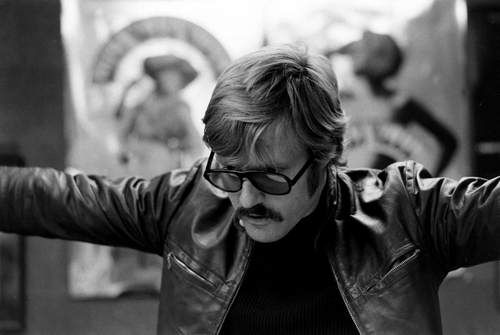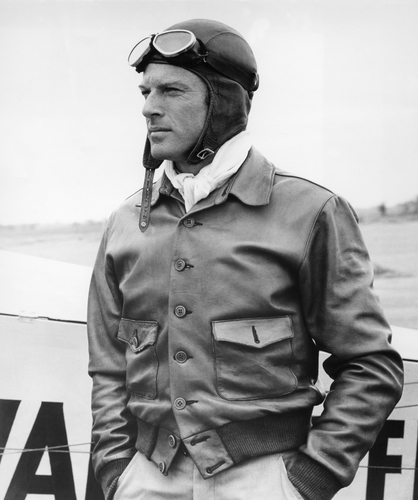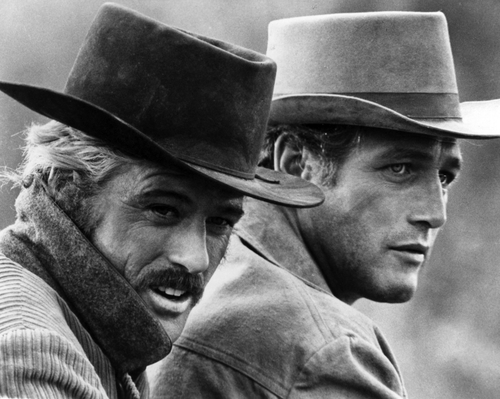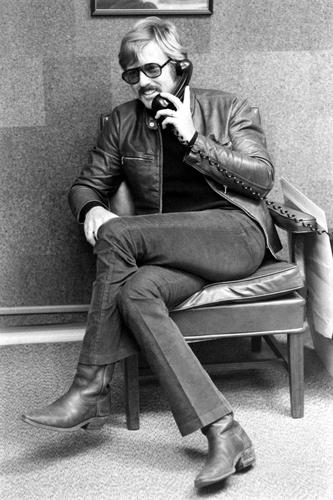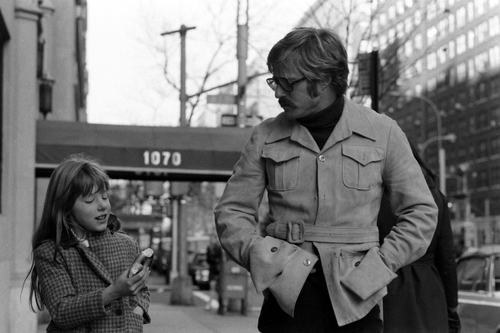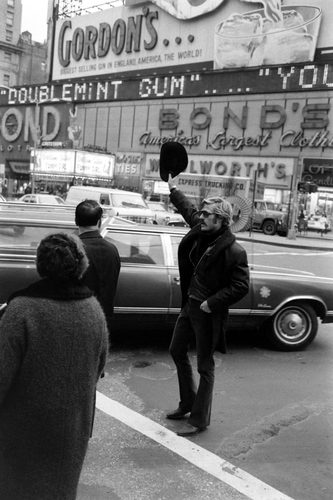Beginning his career as a leading man in 1960s New York, Robert Redford was a household name before the end of the decade. Over time, he noticed his talent, trademark blonde hair, and leading man features had started landing him ‘safer’ films.
Anxious to test his craft and tell different stories, he began seeking out roles that walked stranger paths and took more risks — eventually leading him to Butch Cassidy and the Sundance Kid. The film catapulted him to superstardom and raised eyebrows amongst the critics who had written him off. He wasn’t just another leading man — and he wasn’t done proving it.
March 31st, 1981: a little film about a middle-class family, with a small cast and a first-time director, secures Best Picture. It secures more awards than any of the nominees — seismic films like Raging Bull and the Elephant Man. Yet it was Ordinary People that won the award. And whilst this was a historic achievement as a director, the win represented a deeply personal victory for Redford.
He’d finally proven there was an appetite for alternative filmmaking. And if there wasn’t enough space for it in Hollywood, he would carve it out himself.
The Sundance project and its yearly festival provide a space far away from the populism of Western Cinema. It stands against the homogeneity of modern films; to this day providing a space that fosters the challenging, the different, and the weird. The spirit of the festival is reflected in Redford himself; donating his own ranch and calling in his connections to mentor burgeoning auteurs from around the world.
-

Robert Redford 1975
Photo by: Terry O'Neill
View -

Robert Redford on his Motorcycle
Photo by: Terry O'Neill
View -
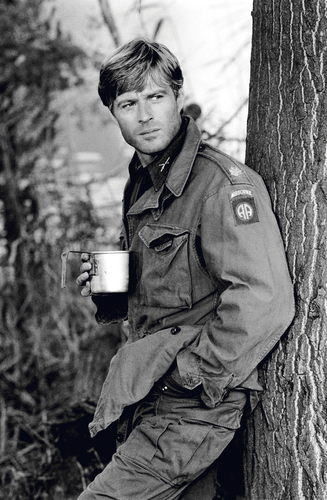
Robert Redford as Major Julian Cook
Photo by: Terry O'Neill
View -

This Property Is Condemned
Photo by: Bridgeman Images
View -
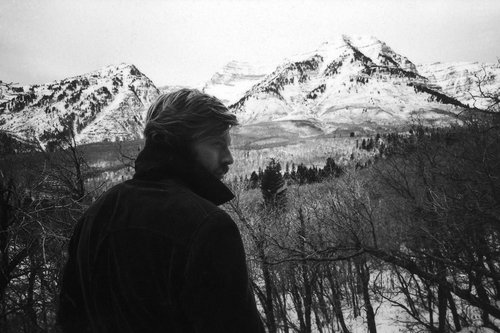
Robert Redford in the Mountains
Photo by: John Dominis © Life Picture Collection
View -

Robert Redford and Jane Fonda
Photo by: Diltz / Bridgeman Images
View -

Redford in ‘The Electric Horseman’
Photo by: Eva Sereny
View -
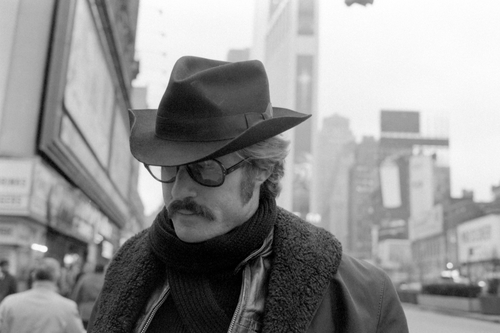
Robert Redford in NY
Photo by: John Dominis © Life Picture Collection
View -
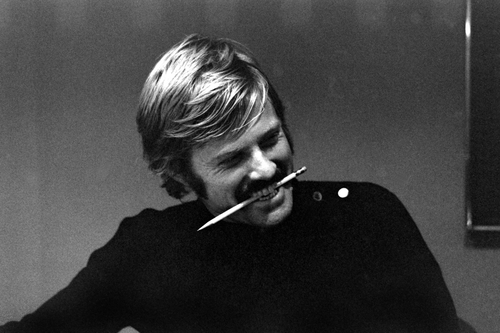
Redford in the Office
Photo by: John Dominis © Life Picture Collection
View -
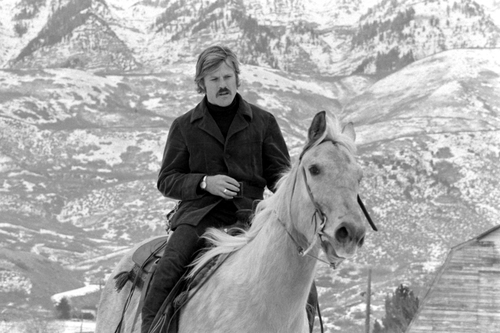
Redford Riding a Horse
Photo by: John Dominis © Life Picture Collection
View -

Robert Redford, 69
Photo by: John Dominis © Life Picture Collection
View -
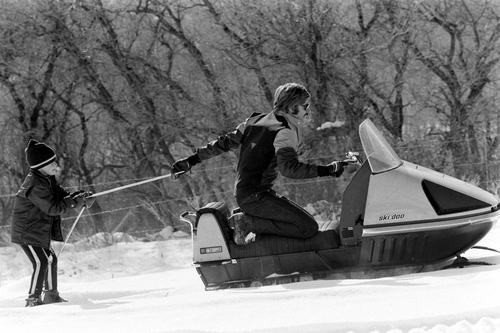
Redford and His Son
Photo by: John Dominis © Life Picture Collection
View -
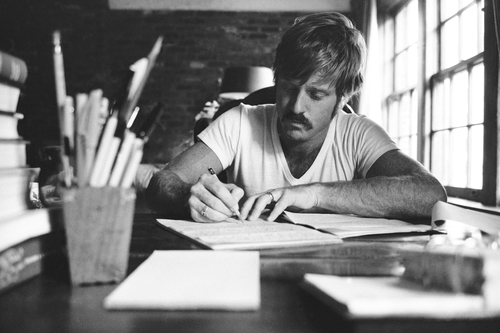
Robert Redford, 1970
Photo by: John Dominis © Life Picture Collection
View

